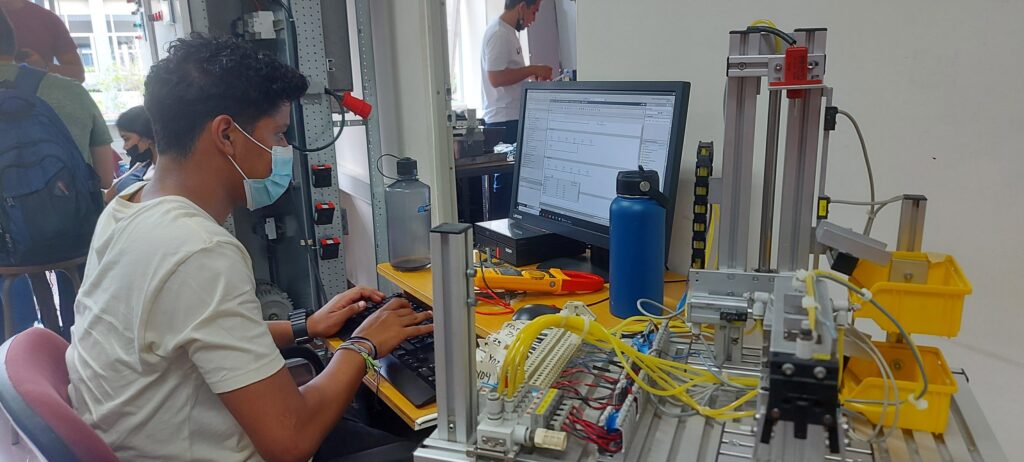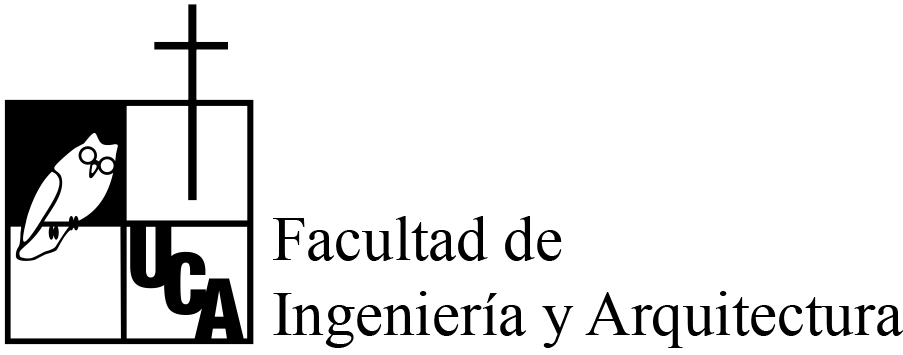An electrical engineer is dedicated to the study and application of three main topics with an integrated, innovative and dynamic vision: Electrical Power Systems, with emphasis on electric power generation through renewable and conventional sources; Control and Automation, an essential factor for the efficiency and competitiveness of production processes; and Telecommunications and Signal Processing, closely related to power generation, transmission and information processing.

Curriculum
The curriculum consists of a total of 45 subjects, designed to be completed over 10 academic cycles. In addition to the standard course duration, students should account for an aditional six-months graduation process.
STEM Fundamental
Applied Engineering
Power Systems
Automation & Control
Telecommunications
Technical Electives
Social Outreach & Humanism
Graduate Profile
Facilities At Your Disposal

Practice in our courses is of the utmost importance, which is why we have hardware and software equipment to complement theory. Some of the laboratories where our students carry out their practice are: UCA-Siemens Classroom, Analog Signals, Electromagnetism and Telecommunications, Virtual Instrumentation, Digital Processing of Acoustic Signals and Images, Internet of Things, Residential and Industrial Electrical Installation, Electrical Machines.
Schedule
This program has been designed for full-time students with its suggested course election per semester. From the first to the fourth year the schedule are daytime, however, the fifth year, the classes are programming early during the morning (7:00 to 8:40) and late during evening (17:30 to 20:10). This allows senior year students to obtain and complete internships or achieve their first job.
Contact Us
Master Javier Alonso Hernandez Flores
Director of Electrical Engineering
2210-6600, ext. 1001 • jahernandez@uca.edu.sv




